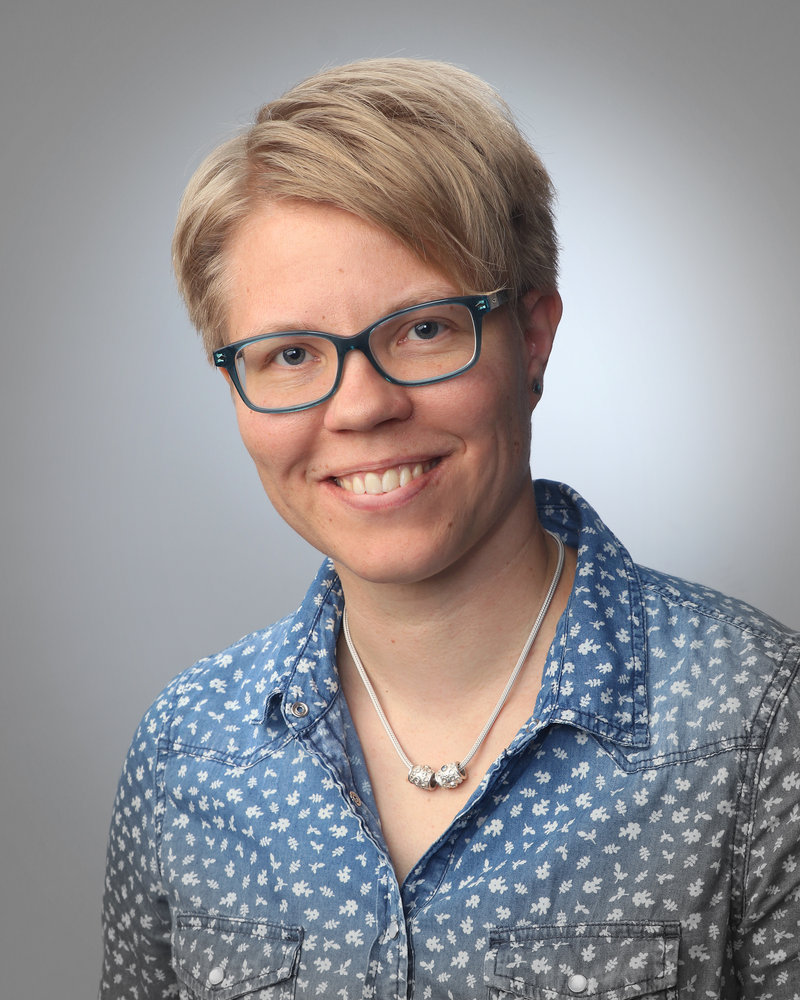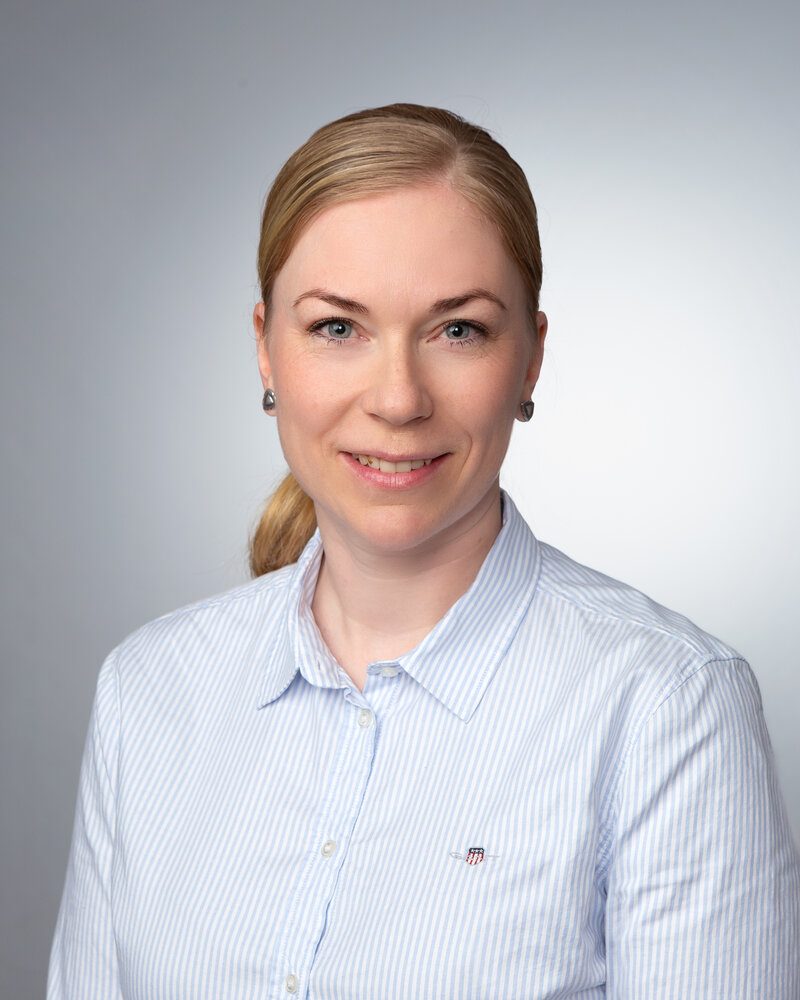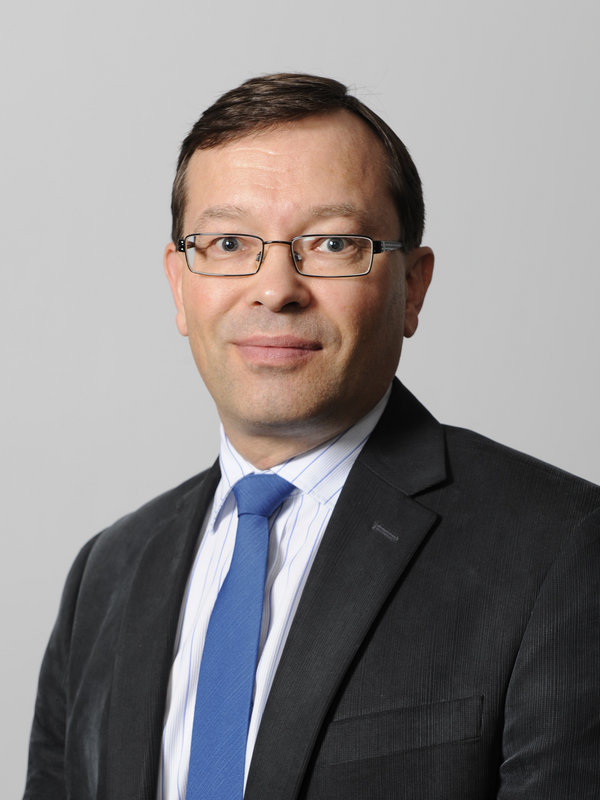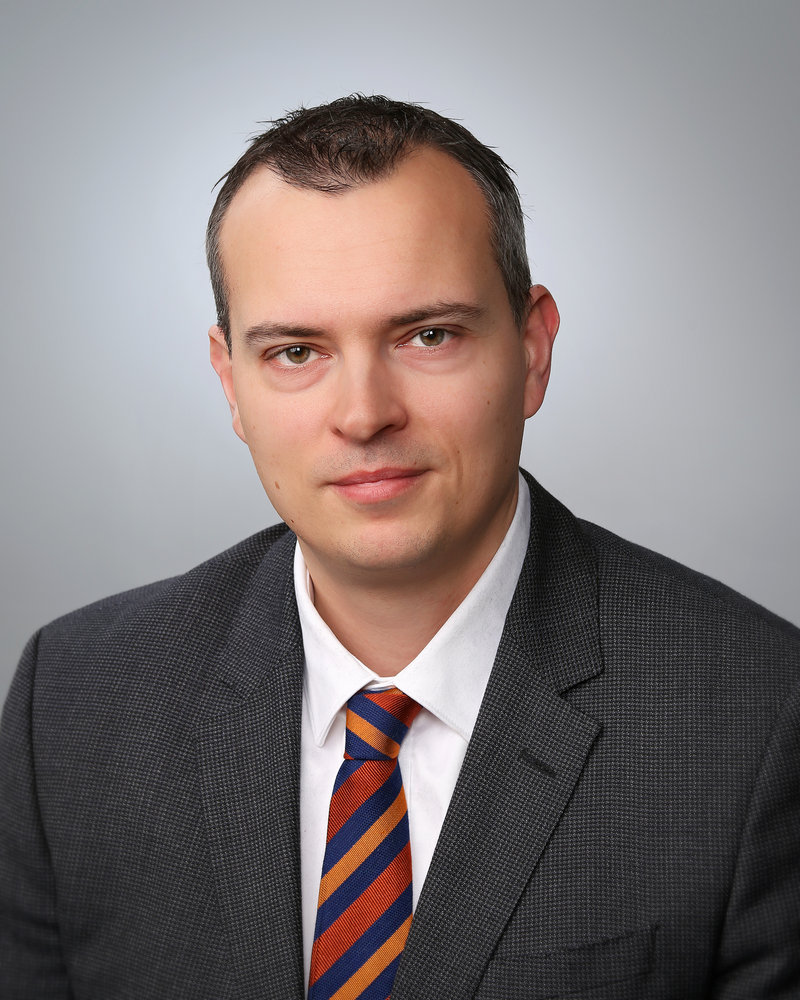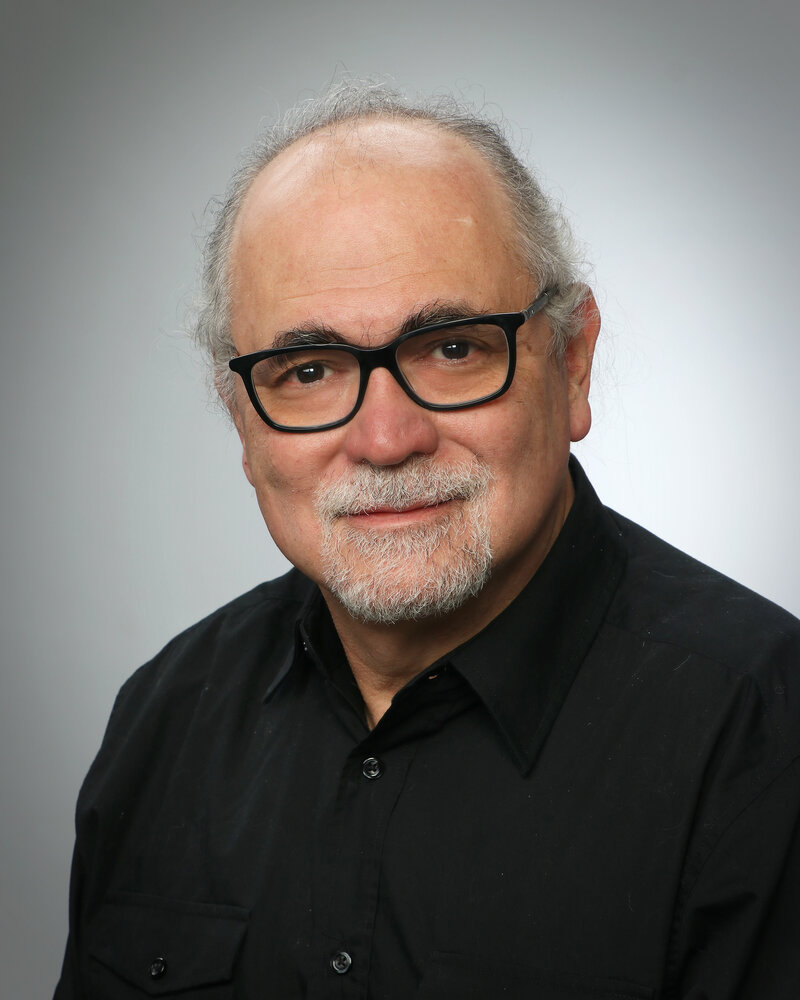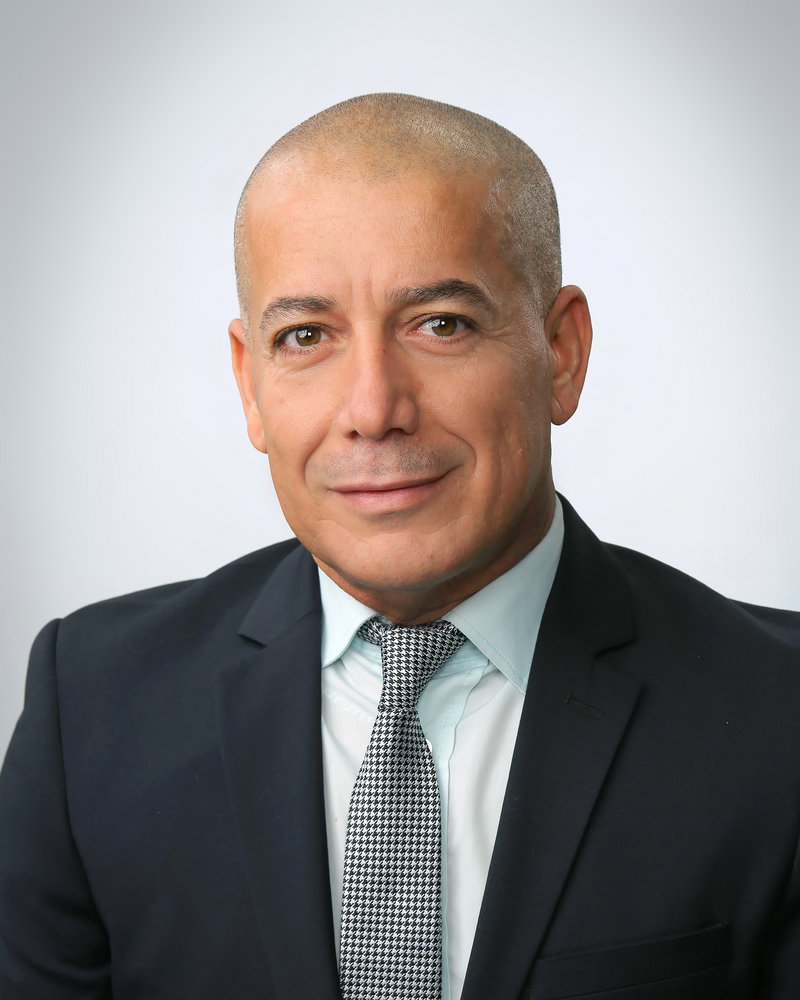

University of Vaasa Energy laboratories
Fuel-lab, ICE-lab, geoenergy laboratory and FREESI-lab
University of Vaasa has uniquely integrated laboratories for boosting future fuels (fuel-lab), combustion engines (ICE-lab), geoenergy laboratory and research for reliable integration of electrical and energy systems (FREESI-lab).
The fuel-lab is a research laboratory that provides analyses for liquid fuels. In addition to research projects, it offers services from single analysis to larger customer projects. Ask for more information: fuellab@uwasa.fi
The ICE-lab comprises a medium-speed Wärtsilä 4L20 engine for marine and power plant applications, loaded by an ABB alternator. The test bench uses a Speedgoat model-based control system. An ABB drive enables engine operation at variable speeds. The exhaust system makes it possible to study various exhaust cleaning systems. The large measurement system covers determination of engine performance, combustion analyses, gaseous and particulate emissions, air and exhaust pressures, temperatures and flow rates. The University of Vaasa has also validated in-house and commercial toolchains for simulation of engine and propulsion systems.
Within the geoenergy laboratory, there is mobile research equipment suitable for various field measurements. The DTS measurement device (distributed temperature sensing with fibre optics) has been used to study heat transfer, for example, in sediment and asphalt fields. The TRT carriage has been constructed for testing the thermal response of boreholes and other shallow geothermal sources. These mobile research devices enable on-demand research anywhere in Finland. For further inquiries, please contact sonja.heikkila@uwasa.fi.
The Future Reliable Electricity & Energy System Integration laboratory (FREESI-lab) consists of Protection, Automation and Communication (PAC) laboratory for testing and training the IEC 61850 based protection systems as well as OPAL-RT OP5600 real-time simulator platform, which at present time, enables controller hardware in the loop (CHIL) simulations of Smart Grids. The FREESI-lab is connected to the Sundom Smart Grid living lab environment, which is a real medium voltage grid providing a continuous IEC 61850 based data stream from twenty nodes. The ongoing and future investments into the FREESI-lab will enable the expansion of research activities and cooperation especially in the area of smart and flexible energy systems.
Internal Combustion Engine & Fuel laboratory (ICE-lab & fuel-lab)
Internal Combustion Engine & Fuel laboratory (ICE-lab & fuel-lab)
- Wärtsilä 4L20 engine for research use
- Smaller engines, as well, plus large electric equipment
- Alternators
- Frequency converters
- Transformers
- Gen-set automation system
- Data acquisition system: Dewesoft
- Fuel laboratory works in close cooperation with the engine laboratory and regional chemistry laboratories
- Unique combination of fuel and engine research
Analyses (fuel-lab)
- Water content (biodiesels and bio oils), EN ISO 12937
- Oxidation stability index, EN 14112, EN 15751
- Density, ASTM D7042
- Kinematic viscosity, ASTM D7042
- Acid number, EN 14104
- Iodine number, EN 14111
- Surface tension, manufacturer’s device
- Ester content, EN 14103
- Trace elements, ICP OES, EN 14538 and manufacturer’s device
- Ca, K, Mg, Na, P, Al, Cu, Fe, Mn, Si, V, Zn, Pb, S
- Flash point, EN 2719 + others
- Cold filter plugging point, EN 116
- Cloud point, EN 3015
- Pour point, EN 3016
- Distillation curve, EN ISO 3405 + others
- Cetane index, EN ISO 4264
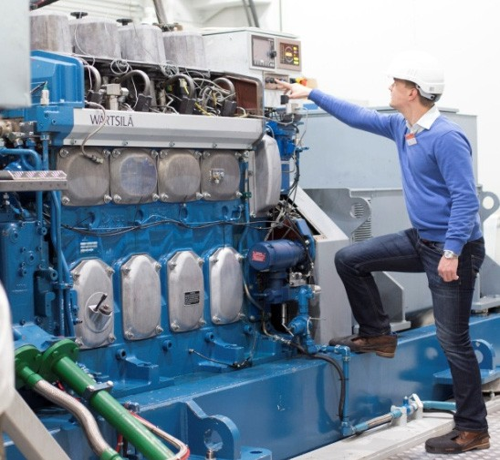
Research focus, ICE-lab & fuel-labl
- Flexible hybrid power generation
- Fuel flexibility, renewable fuels and blends, combustion
- Improvement of energy economy and emissions performance
- Improved electric equipment and automation of engine-driven power plants
- Validation of new systems
- Research services for the academic community, companies and research institutes
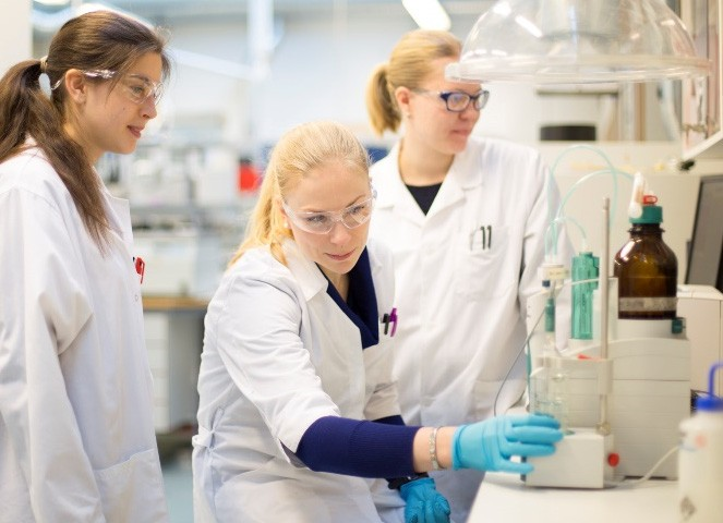
Contact persons, ICE-lab & fuel-lab
Katriina Sirviö
Future Reliable Electricity & Energy System Integration laboratory (FREESI-lab)
Facilities at FREESI-lab
- CHIL environment for power system protection and communication
- OPAL-RT real time simulator
- Protection relays
- Omicron amplifiers
- PHIL environment for power electronics and microgrid studies
- Power electronic converters (DC/AC and DC/DC)
- dSPACE rapid control prototyping units
- Typhoon HIL real time simulator
- OPAL-RT real time simulator
- Programmable bidirectional AC power source 100 kVA (grid emulator)
- DC power sources
- Battery cell testing
- Cyber Physical System Security (CPS) for critical infrastructures (energy systems)
- OPAL-RT real time simulator with HYPERSIM software
- EXata communication system simulation/emulation environment
Research focus at FREESI-lab
- Advanced ICT based protection, fault management and condition monitoring solutions
- Testing and developing IEC 61850 based protection systems
- Cyber-physical security & resiliency of energy networks
- Information security, resilient time synchronization and robust connectivity in cyber-physical systems
- Control of inverter interfaced DER
- Hierarchical control and management of microgrids
- Flexibility services, sector coupling
- Energy communities & new market structures
- Battery cell modelling
- Battery energy storages in various applications
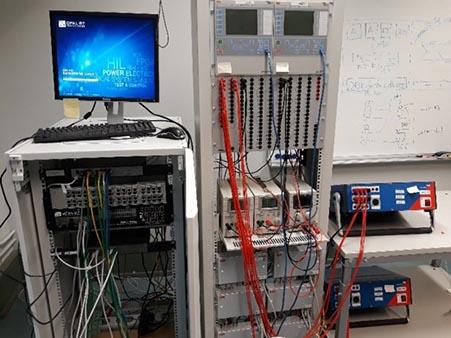
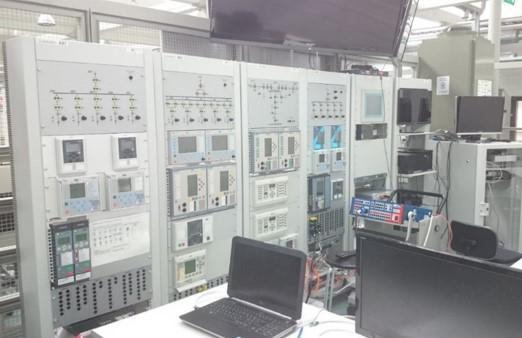
Contact persons, FREESI-lab
Kimmo Kauhaniemi
Hannu Laaksonen
Marcelo Godoy Simoes
Heidi Kuusniemi
FREESI Lab: Cyber Physical System Security
Tero Vartiainen
Mike Mekkanen
Geoenergy laboratory
Geoenergy laboratory equipment
- TRT (thermal response test) carriage:
- heating power at 1 kW intervals in the 18 kW power range
- frequency inverter controlled circulator
- electrical connection 32A / 400V 3~
- length of measuring pipes ca. 4 m
- measurement technology implemented with sensors connected to the serial bus
- data transmission by computer and wireless router
- remote measurement control
- heat pump allows two-way testing
- weather station
- DTS (distributed temperature sensing) device
- spatial resolution 1 m
- temperature resolution <0.01°C
- Pyranometer
- Water heat exchanger
Key research areas of the geoenergy laboratory:
- Heat transfer
- Heat storage
- Sector coupling
- Thermal response tests for dimensioning energy well fields
- basal temperature of the bedrock and thermal conductivity, thermal resistance and diffusion coefficient of the energy well
- Simulations
